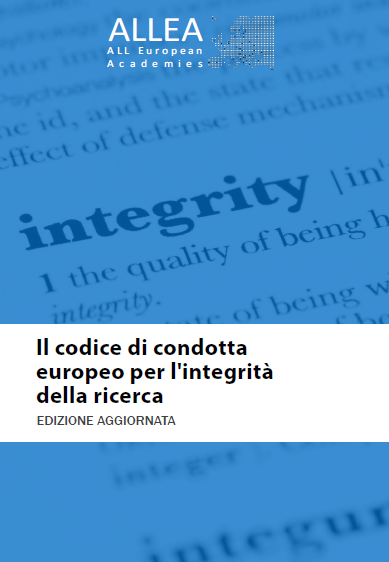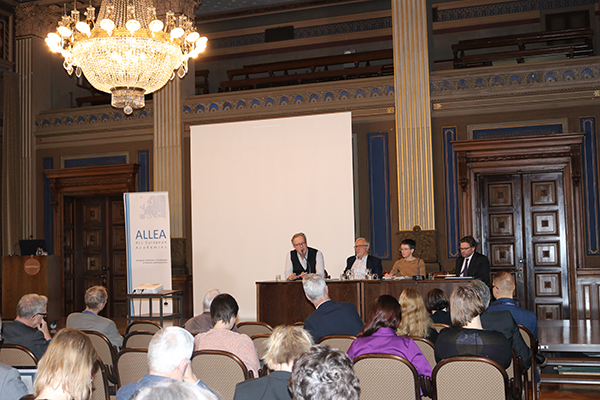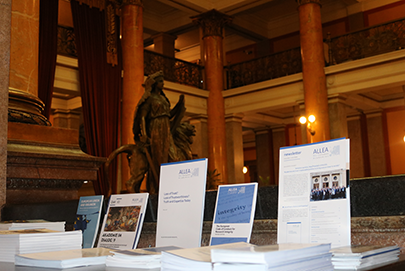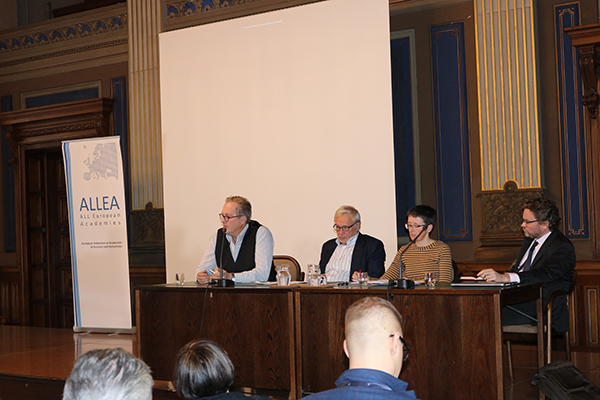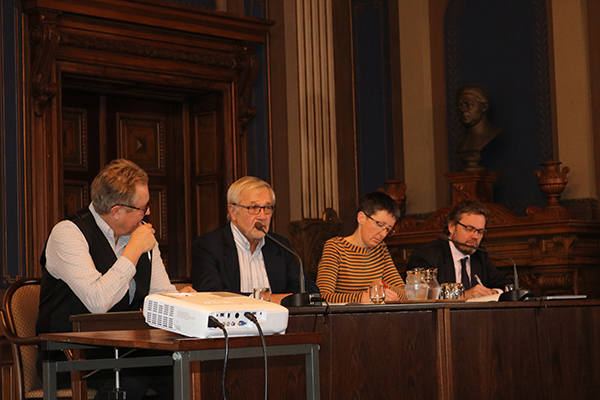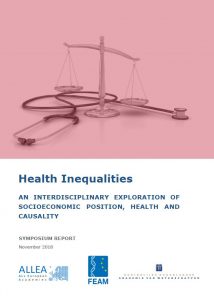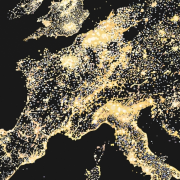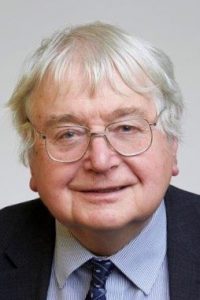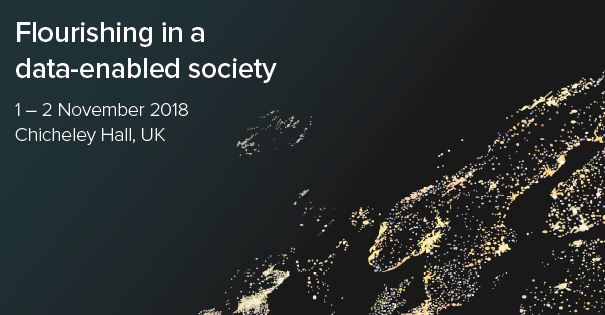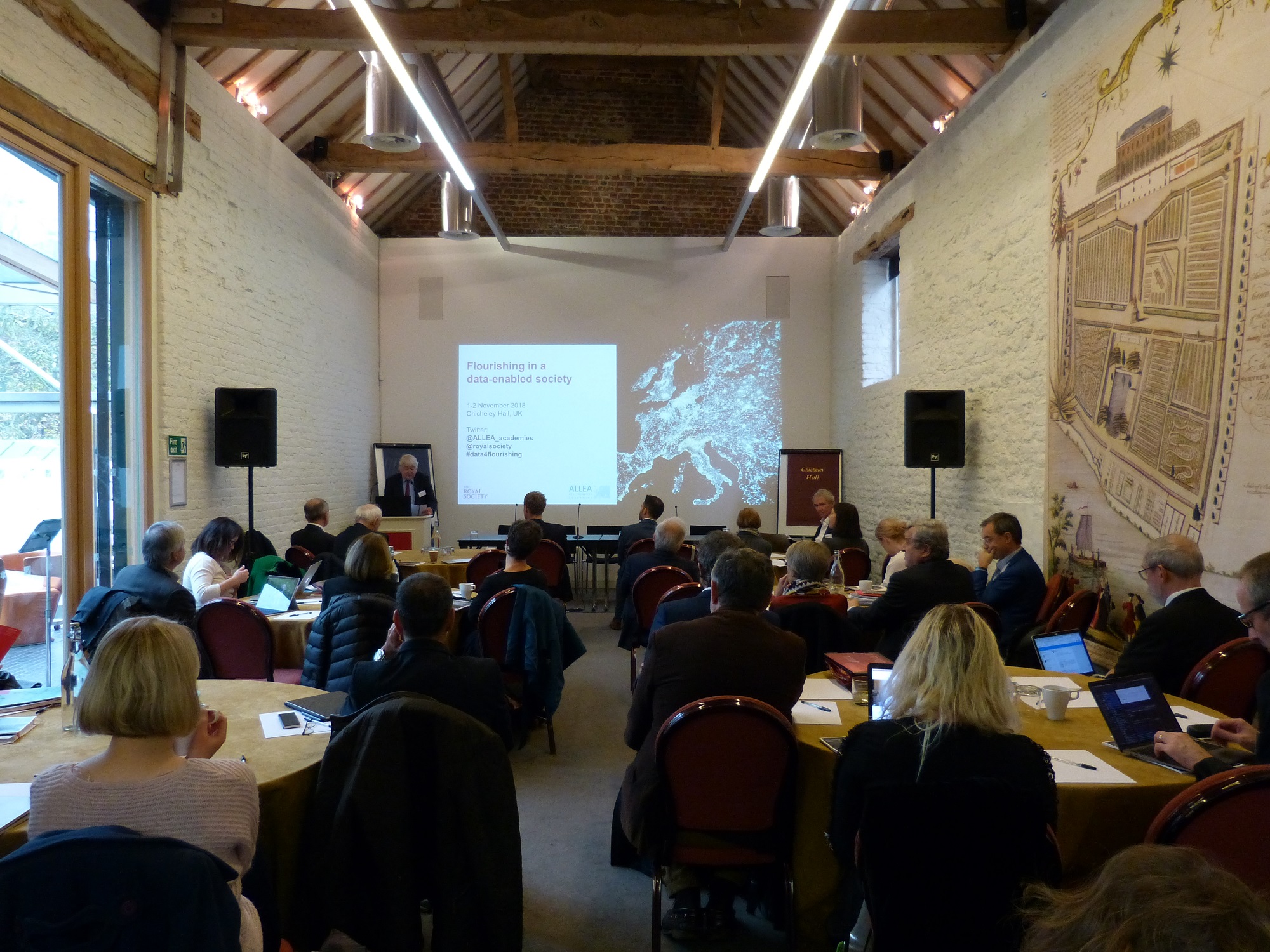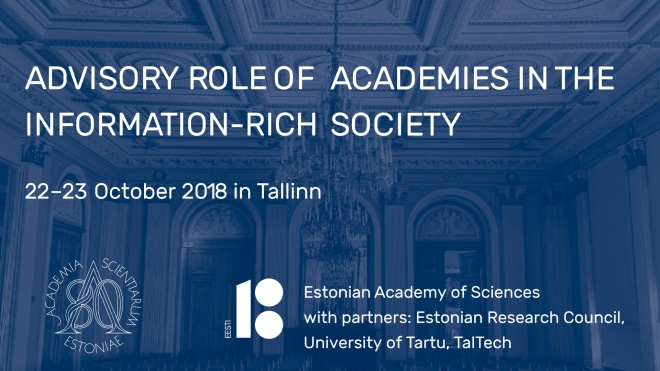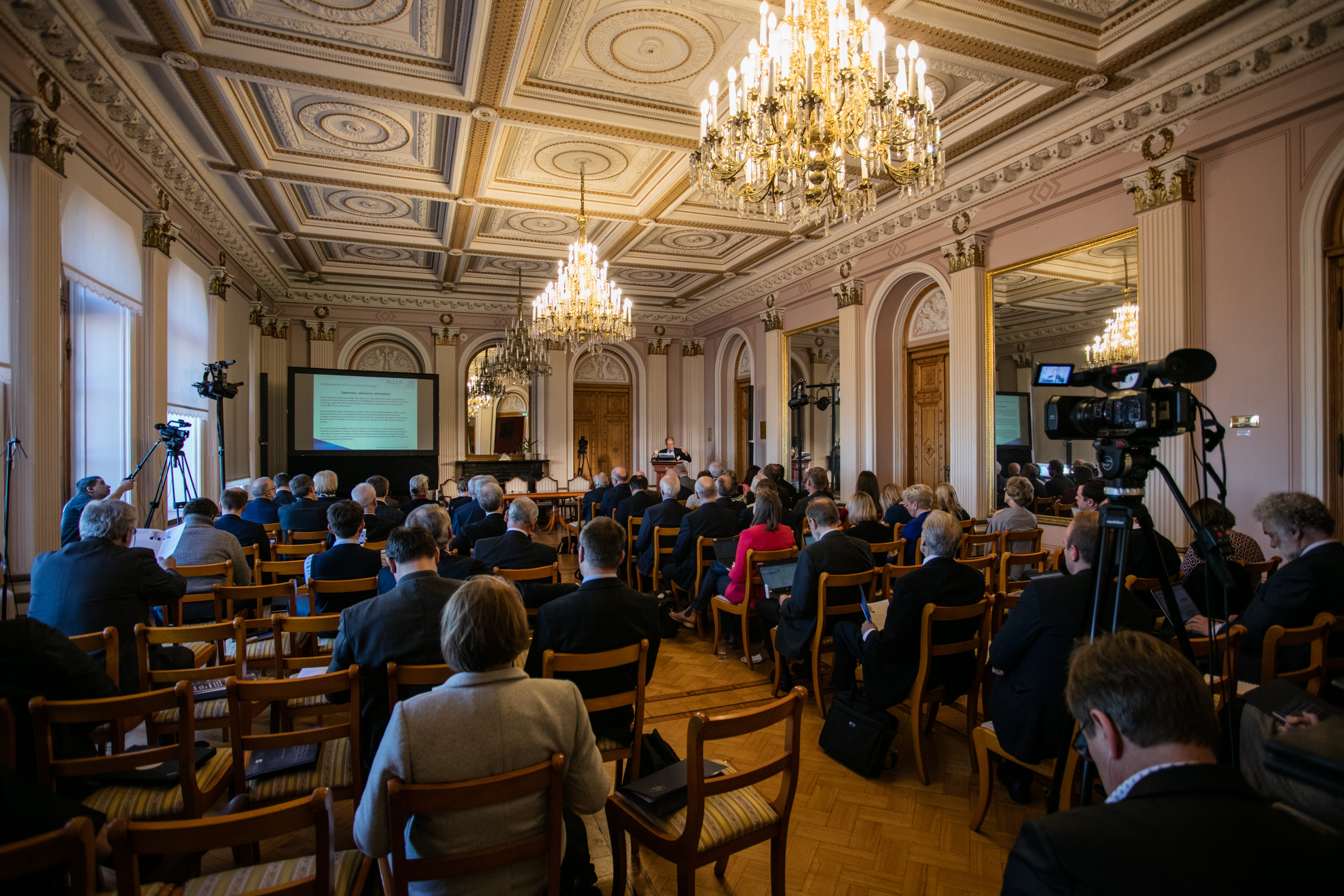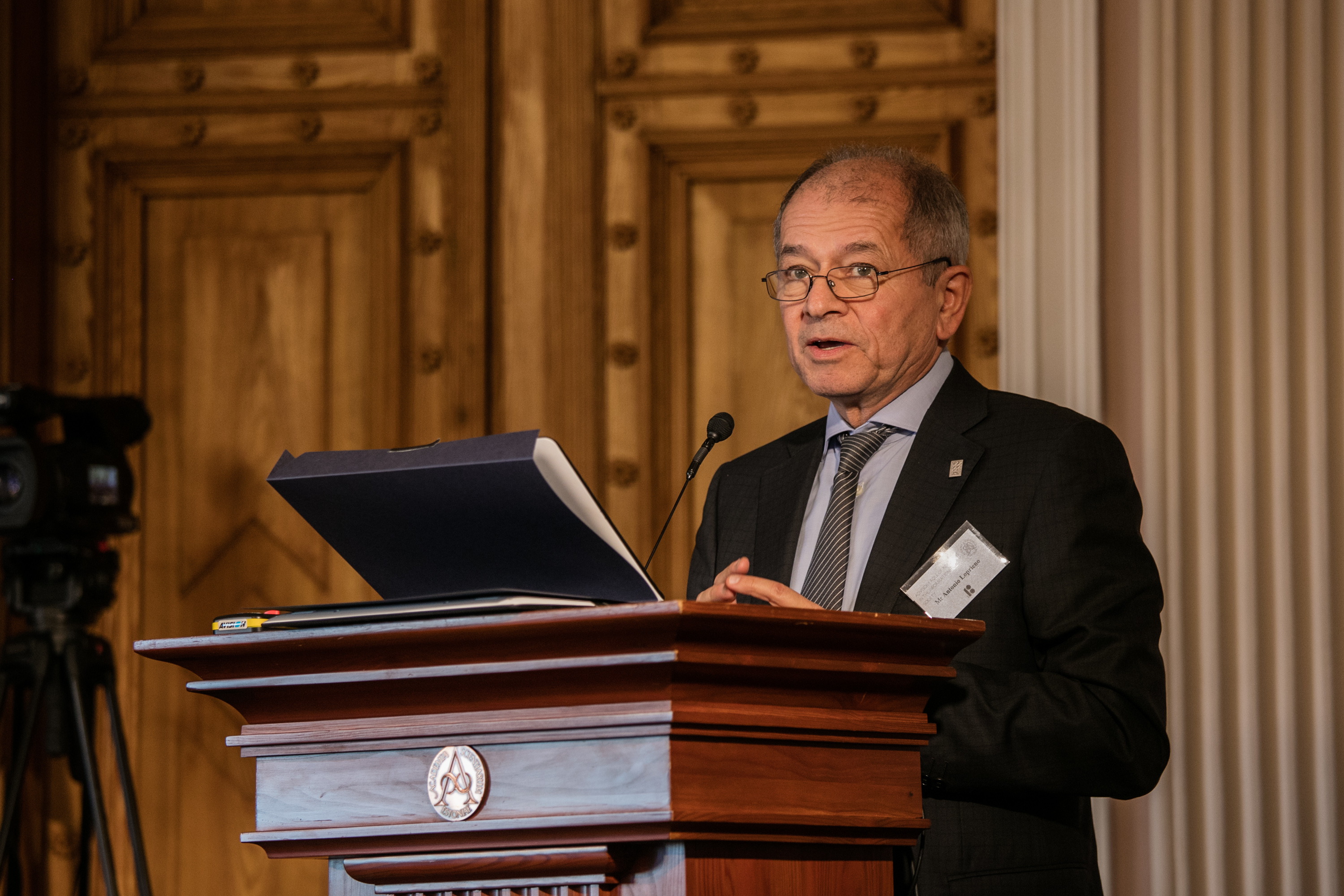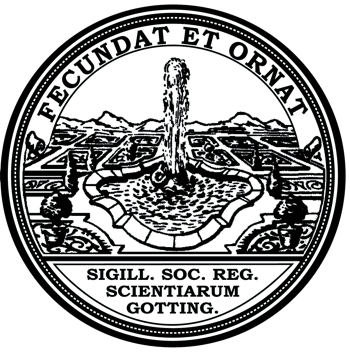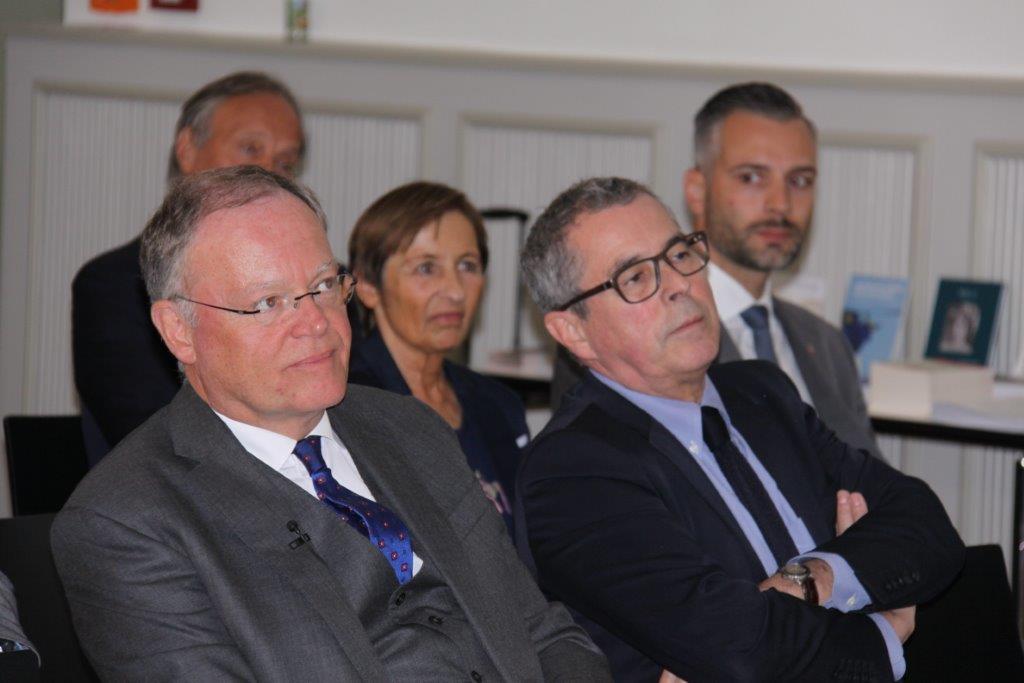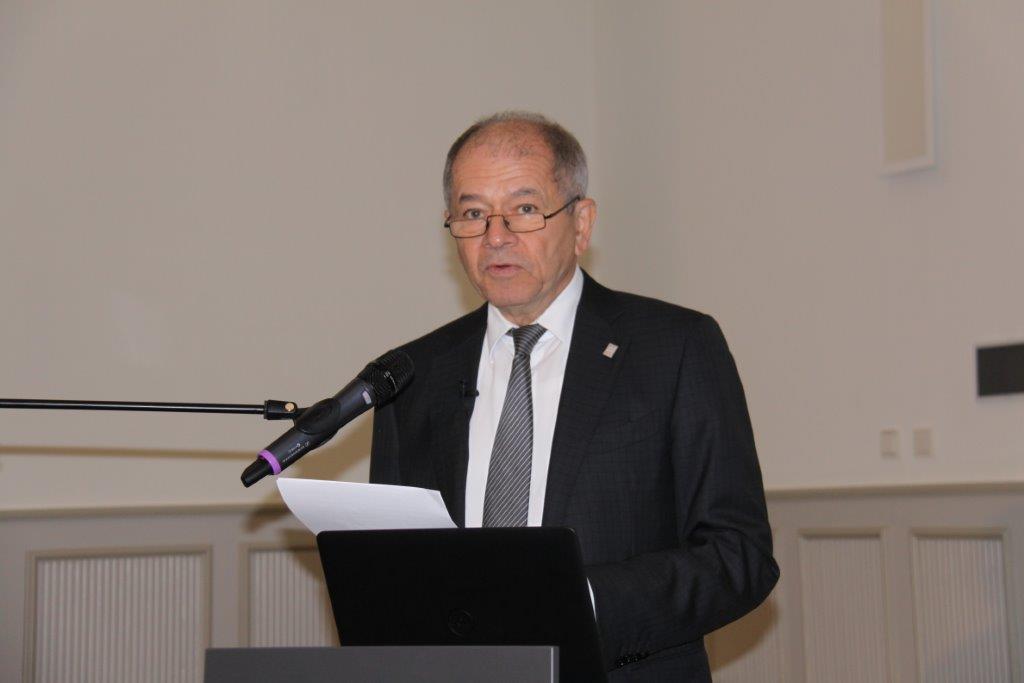Systemic reforms and further consultation needed to make Plan S a success
- ALLEA welcomes the ambition of the coalition of European research funders to move the scientific publishing system towards open access; however, broader consultation with all parties is required during the implementation phase.
- Concurrent reforms of the systems for research evaluation and career progression are needed to minimise unintended consequences of Plan S for early career researchers and specialised disciplines.
ALLEA published an initial response to Plan S, an initiative for open access publishing supported by a consortium of research funders*. The ALLEA statement welcomes the ambition of the proposal and identifies a number of challenges to be considered by funding agencies in order to prevent perverse incentives and unintended consequences in the scientific publishing sector and the research evaluation system when moving towards open access.
“ALLEA supports open access as a major step towards realising the universality of science and welcomes the ambition of Plan S in this regard. Implementation will however require extensive consultation and dialogue with all parties, in particular the research performing communities represented through ALLEA and other scientific stakeholders”, the statement reads.
The response provides comments and recommendations regarding various implications of Plan S concerning ethics and trust in science, the research evaluation system, the protection of intellectual property rights as well as economic considerations.
“ALLEA supports open access as a major step towards realising the universality of science and welcomes the ambition of Plan S in this regard. Implementation will however require extensive consultation and dialogue with all parties, in particular the research performing communities represented through ALLEA and other scientific stakeholders”
It furthermore notes the legitimate concerns of some researchers, especially those at the early stage of their careers, that their ability to win research grants and promotions may be adversely affected if they do not have publications in what are perceived at the moment to be high status journals. Research assessment without consideration of journal reputation or impact factors, as advocated in Plan S, is thus crucial.
“It is essential that whatever model or models finally gain acceptance ensure the highest quality standards, incentivise and reward ethical behaviour, are economically viable, and support the integrity and trustworthiness of scholarly communication across the full range of academic disciplines”, the European federation of academies underlines.
The response highlights that further clarification is needed regarding the protection of intellectual property rights of authors and the type of open licence to be used. “Any prescription should ensure an appropriate degree of choice for researchers and allow for exceptional cases”, it states.
“It is essential that whatever model or models finally gain acceptance ensure the highest quality standards, incentivise and reward ethical behaviour, are economically viable, and support the integrity and trustworthiness of scholarly communication across the full range of academic disciplines”
ALLEA stresses the need for coordination within the global scientific system. “In the context of big science a further complication is that many consortia are global in scope with authors in multiple jurisdictions using different funding models, so some global coordination of the transition to full open access is needed”, the statement reads.
*Plan S requires that from 2020, scientific publications resulting from research funded by public grants must be published in compliant open access journals or platforms. Learn more: https://www.coalition-s.org/

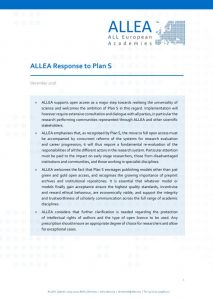
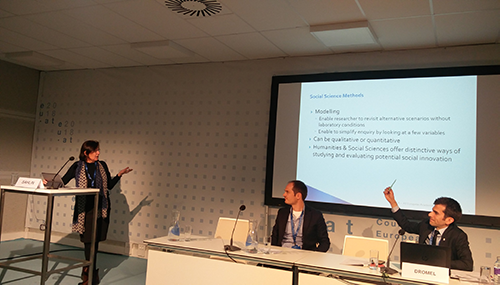

 The Breakthrough Prize was founded by Sergey Brin, Pony Ma, Yuri and Julia Milner, Mark Zuckerberg and Priscilla Chan, and Anne Wojcicki to celebrate achievements in Fundamental Physics, Life Sciences and Mathematics. The awards are presented at an annual globally televised ceremony, followed by a day of lectures and discussions co-sponsored by Stanford University, University of California, Berkeley and University of California, San Francisco. In addition to the Breakthrough Prize, awards for junior researchers in mathematics and physics are also handed out yearly.
The Breakthrough Prize was founded by Sergey Brin, Pony Ma, Yuri and Julia Milner, Mark Zuckerberg and Priscilla Chan, and Anne Wojcicki to celebrate achievements in Fundamental Physics, Life Sciences and Mathematics. The awards are presented at an annual globally televised ceremony, followed by a day of lectures and discussions co-sponsored by Stanford University, University of California, Berkeley and University of California, San Francisco. In addition to the Breakthrough Prize, awards for junior researchers in mathematics and physics are also handed out yearly.